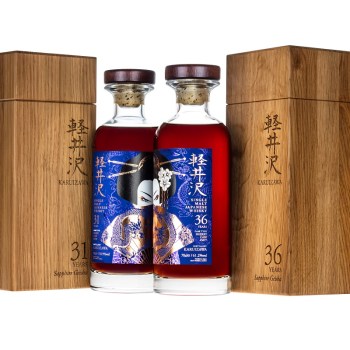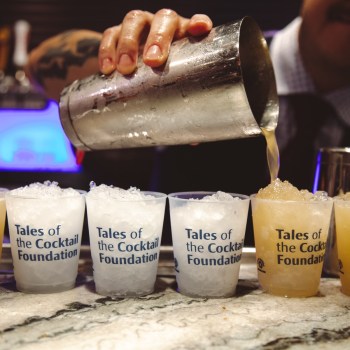By Laura Box, Hospitality Magazine
At a young age, British founder of The Burnt Chef Project Kris Hall reached a mental health crisis point while working in hospitality. Although it wasn’t caused by his role in the industry, he felt constricted by the stigma associated with his situation.
“It took me a long time to get help, and when I eventually started to recover I understood that there might be others who are experiencing similar things,” says Hall.
“I started to look at the people within the trade: chefs, bartenders, operations teams, and starting to try and open dialogue about mental health with them, which was difficult. No one wanted to talk,” says Hall.
The industry’s reluctance to open up prompted Hall to instead begin taking black and white photos of people working in hospitality in the south of England “to try and elicit a conversation without anyone actually having to say anything”.
Shortly after, Hall began an e-commerce clothing brand aimed at starting conversations around mental health. The merchandise began to sell all over England, and soon started popping up around the world, in places like Melbourne, Chicago, South Africa, and Japan.
Hall identified that while there were many organisations talking about mental health, and crisis charities supporting those in need, there weren’t many foundations offering pragmatic solutions.
This was a catalyst for him to eventually found The Burnt Chef Project; a non-profit organisation raising awareness and providing training and support for mental health issues in the industry. Today, The Burnt Chef Project is available globally in nine languages, has trained over 1,500 students, and boasts over 120 international volunteer ambassadors.
In Australia, says Hall, there is a high risk of burnout. Local research indicates that male chefs are 1.4 times more likely to die by suicide in Australia than people in other professions.
“We don’t want to scare people off hospitality. In fact, it is the complete opposite. But we do also need to try and fight this epidemic,” he says. A main driver of the epidemic is high stress says Hall.
“Employees are never getting the time that they need to develop and learn skill sets. Our management teams are often promoted without much warning or without much mentorship or training or education,” says Hall.
“So it’s difficult for a manager to be empathic, to be able to spot the science of mental illness, to be able to put in place stress reduction policies and strategies. And then they’re struggling themselves because they haven’t been taught the skills they need to manage a team.”
The Burnt Chef project is addressing these challenges by providing training and support across the industry. In the last year alone, the program trained close to 3,000 young chefs across 55 colleges.
“These are the individuals who are going to change our industry,” says Hall. “These are the ones who we need to inspire and empower to make the right changes so that we can consider this as a profession of choice, and [so that] more people are queuing up to come into this in this industry.”
Currently, 25 per cent of Australians using the service are accessing its free health line.
“We’re asking organisations to consider using this for their for their mental health support and training needs so that we can then reinvest the profits from those needs back into the free support mechanisms that we provide to the Australian community,” says Hall.
This year marks the first time The Burnt Chef Project has partnered with the Nestlé Golden Chef’s Hat awards.
“The need for mental health support within the hospitality industry is paramount. Our partnership with The Burnt Chef Project aims to provide young chefs with access to mental health resources and tools to thrive, both professionally and personally, and have long, fulfilling careers,” says Nestlé Executive Chef and Golden Chef judge Elke Travers.
For workplace training on mental health or if you’re a hospitality employee looking for mental health support, visit The Burnt Chef Project.
The story was first published in Hospitality Magazine.



